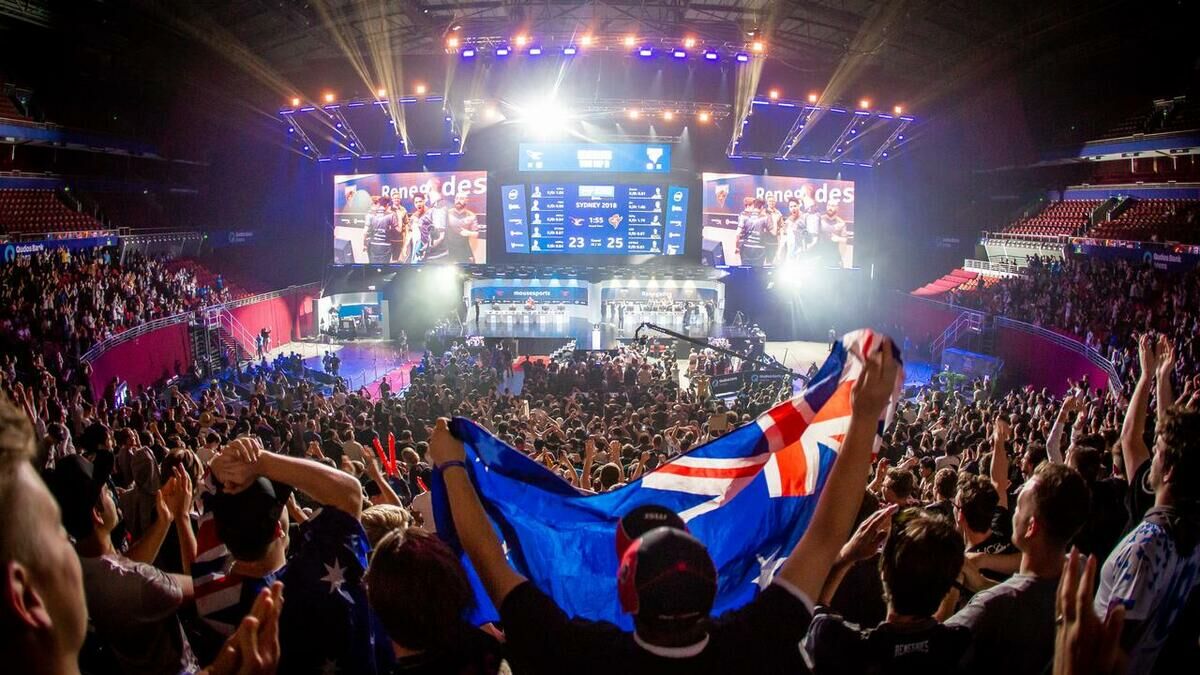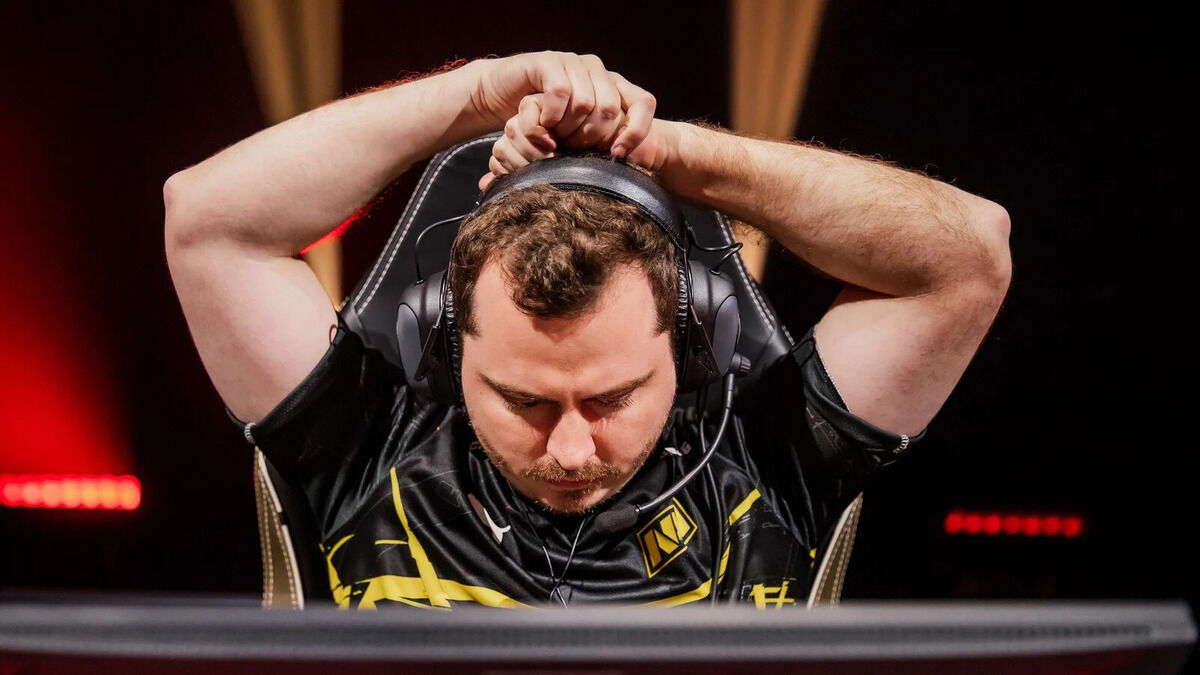NADO Italia (National Anti-Doping Organization) suspended esports athlete Luca Zanasca from competition after he tested positive for Stanozolol, a steroid that boosts muscle growth and recovery, in an anti-doping test. Popular cycling esports platforms MyWhoosh and Zwift have also followed suit, suspending the 40-year-old from future racing events. Zanasca most recently represented Italy in the 2023 Esports World Championships, where he finished in 57th place.
Amid ongoing investigations, Team Castelli, Zanasca’s former esports cycling team has also dropped him from its roster.
This begs the question: what about doping in mainstream esports? For Zanasca, it’s fair to assume that the steroid helped with his physical performance in virtual cycling. However, it’s not as straightforward for traditional esports, where cognitive and mental function is heavily prioritised over physical strength. Would having a coffee, which contains caffeine, during a competitive League of Legends match, be considered cheating as it chemically induces greater awareness and alertness in an athlete?
Despite being a billion-dollar industry, esports still lacks a regulatory body for drug testing, let alone a framework. As such, individual event organisers often come up with their own regulations on performance-enhancing drugs, leading to a lack of consistency in what is considered illegal, and how they are defined.

This discrepancy can be best seen in the esports industry’s treatment of snus, a form of dipping tobacco. It is often seen on the desks of Counter-Strike players during competition but has been banned at Valorant tournaments. Widespread controversy ensued when Na’vi’s Valorant team was penalised for consuming snus at this year’s Valorant Champions Tour (VCT). Some agreed that it was the right thing to do, while others questioned it, saying that cigarettes during breaks should then be banned too.
Both these incidents may seem unlinked and inconsequential — Zanasca seems like just any other sports athlete getting caught for cheating, but it has far-reaching implications, and could be the start of a slippery slope. Technically speaking, the Italian would be the first esports player to be suspended from competition due to doping. However, the lack of a reaction from the wider esports industry is a cause for alarm.

What about the health hazards associated with consuming too many energy drinks or shots? Will event organisers put a cap on how much supplements an athlete can consume? Such questions need to have answers that are universally agreed upon, especially given the esports industry’s Olympic ambitions.
The only way forward for the industry is the establishment of a global standard, regardless of game title or event. The good news is that it’s in the works. One can only hope that change comes sooner, putting gamers a step closer to the respect and standing they deserve in the traditional sports world.
Everything changed when his parents bought him a PlayStation 2 for Christmas. Since then, he’s been hooked on all things esports, video games, and music. If he’s not livestreaming his shenanigans, he’s probably out taking mirror-selfies with his friends, vigorously debating over the Internet’s Meme of the Year.













